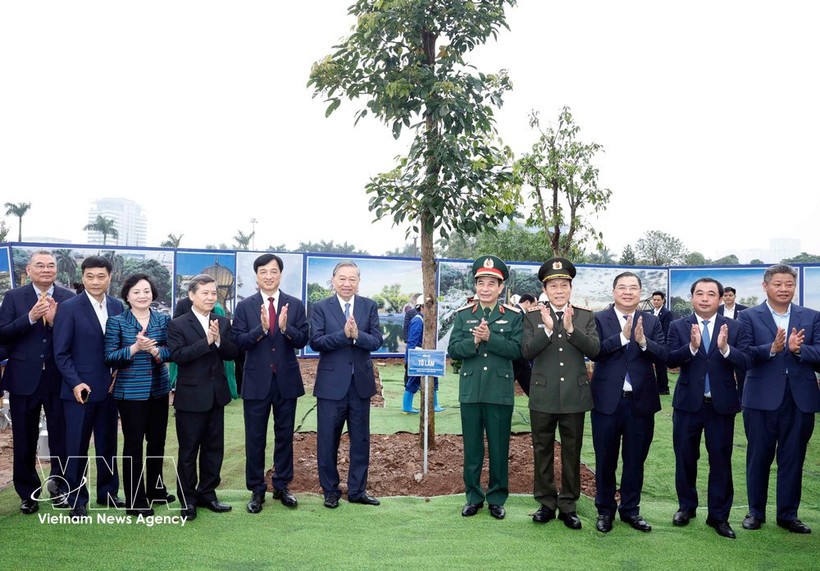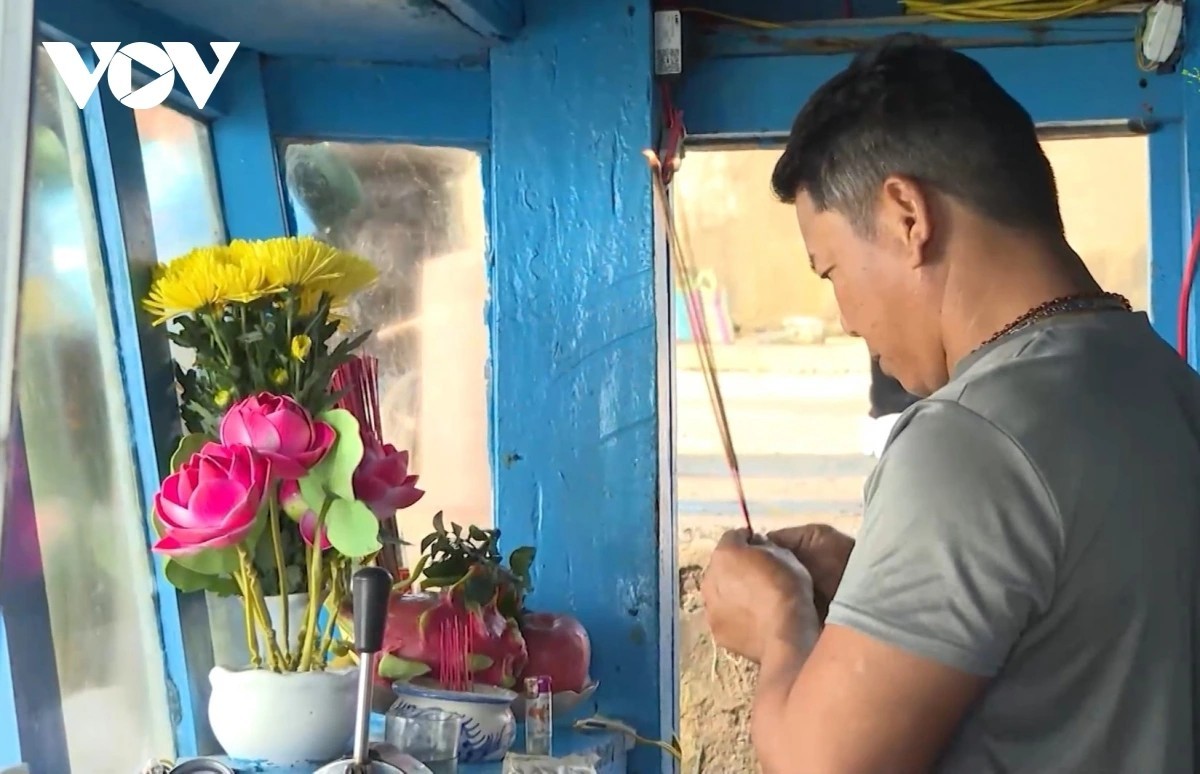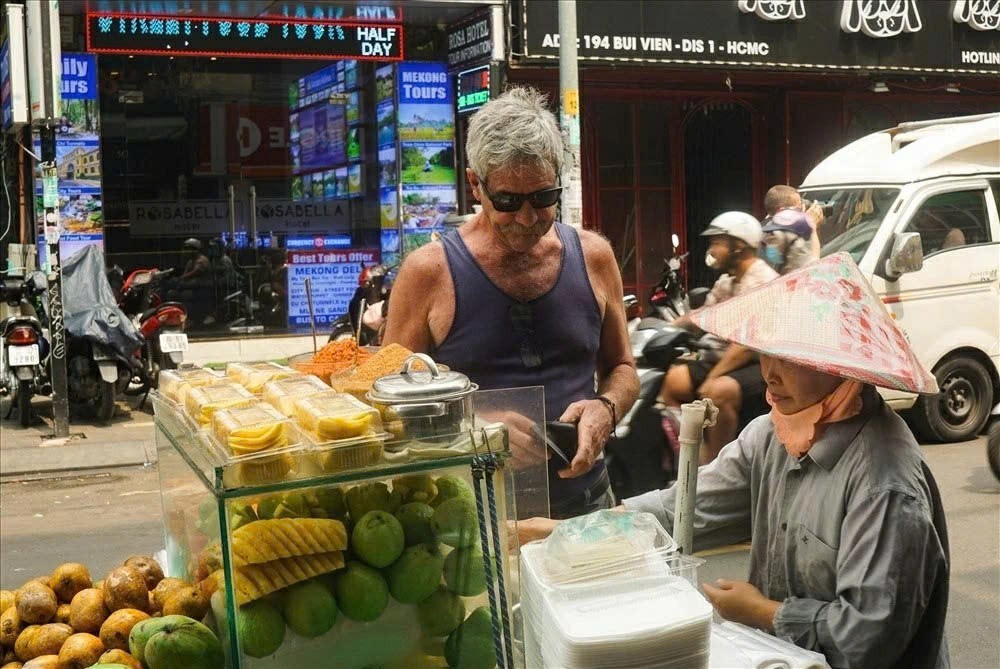India Advocates Climate Equity at COP28 for Developing Nations
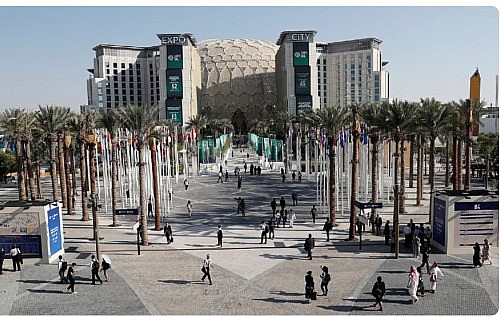 |
| People walk at the Dubai's Expo City during the United Nations Climate Change Conference (COP28) in Dubai. - Reuters file |
At the COP28 summit in Dubai in December 2023, India reiterated a demand that resonated across the Global South: equity must be at the heart of climate action. Making it clear that there cannot be a one-size-fits-all solution, India did not mince words in saying that developed nations must take the lead in reducing emissions, while supporting the growth aspirations of the developing world. That moment in Dubai was not just a diplomatic statement; it was a declaration of India’s role as the voice of emerging economies in the climate crisis.
Today, India is increasingly positioning itself as a strong advocate for climate equity, promoting a global approach that seeks to balance timely environmental action with the development needs of all nations.
India’stance on climate is rooted in a simple but profound truth: developing nations need room to grow. With 1.4 billion people, India is home to nearly 18% of the world’s population, but it accounts for only 4% of cumulative historic carbon emissions.
That said, India is among the countries suffering most from climate impacts - extreme heatwaves, erratic monsoons, rising sea levels, and devastating floods. For policymakers in New Delhi, the climate fight is not just about saving the planet, it’s about survival and fairness.
It has been made clear at several fora that India’s climate strategy is not just about reducing emissions but about ensuring climate justice. “For India, climate justice is no alternative; it is a moral duty,” Modi said at the recent BRICS meeting, adding: “Where some people measure it in numbers, India lives it in values.”
Under the Paris Agreement (2015), India committed to cutting its emissions intensity by 45% from 2005 levels by 2030, a bold pledge for a developing economy. It also set a target for 50% of its installed electricity capacity to come from non-fossil fuel sources by 2030.
Remarkably, India is well on track. According to the Economic Survey for 2024–25, as of December 2024, renewable energy accounts for approximately 47% of India’s total installed power capacity - well ahead of schedule.
One of India’s most visionary contributions is the International Solar Alliance (ISA), launched by Prime Minister Modi and France during the Paris Climate Conference. The ISA, now with over 120 member countries, aims to harness solar energy to provide clean power to developing nations, many of which still lack reliable electricity.
“Through solar power, the developing world can leapfrog into a green future,” Modi said during the ISA’s launch.
India’s leadership is shifting the global climate conversation too. For long, climate action has been framed as a trade-off between growth and sustainability. India is proving that it can be a growth engine while still going green even as it insists that the transition must be fair, inclusive, and just.
India is playing an increasingly active role in global climate discussions as a negotiator, contributor, and advocate for the interests of developing countries. For many nations in the Global South, this role represents a positive step toward more inclusive climate dialogue.
Most read
Recommended
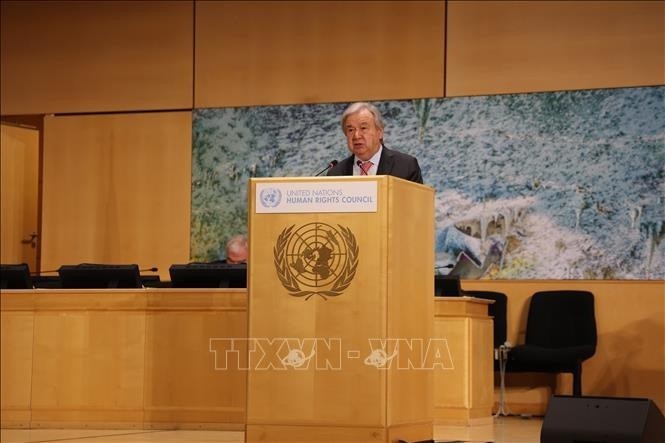 World
World
High-Level Segment of 61st Session of the UN Human Rights Council Opens in Geneva
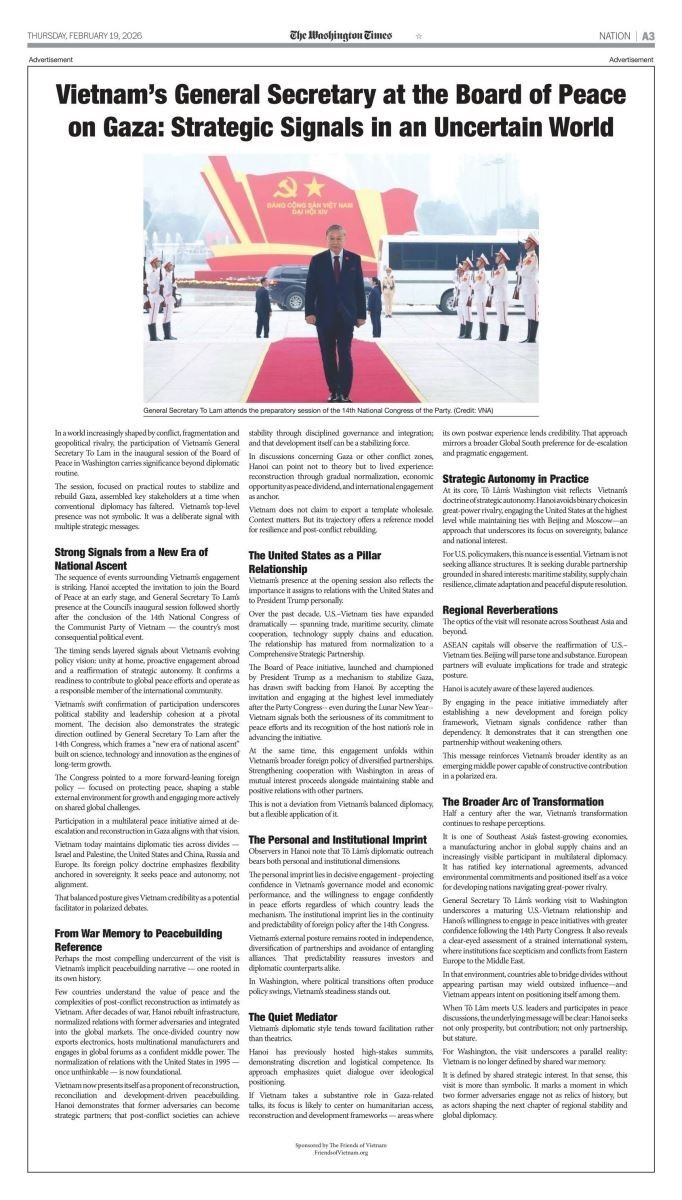 World
World
US Media Commend Vietnam’s Role in Global Peace Efforts
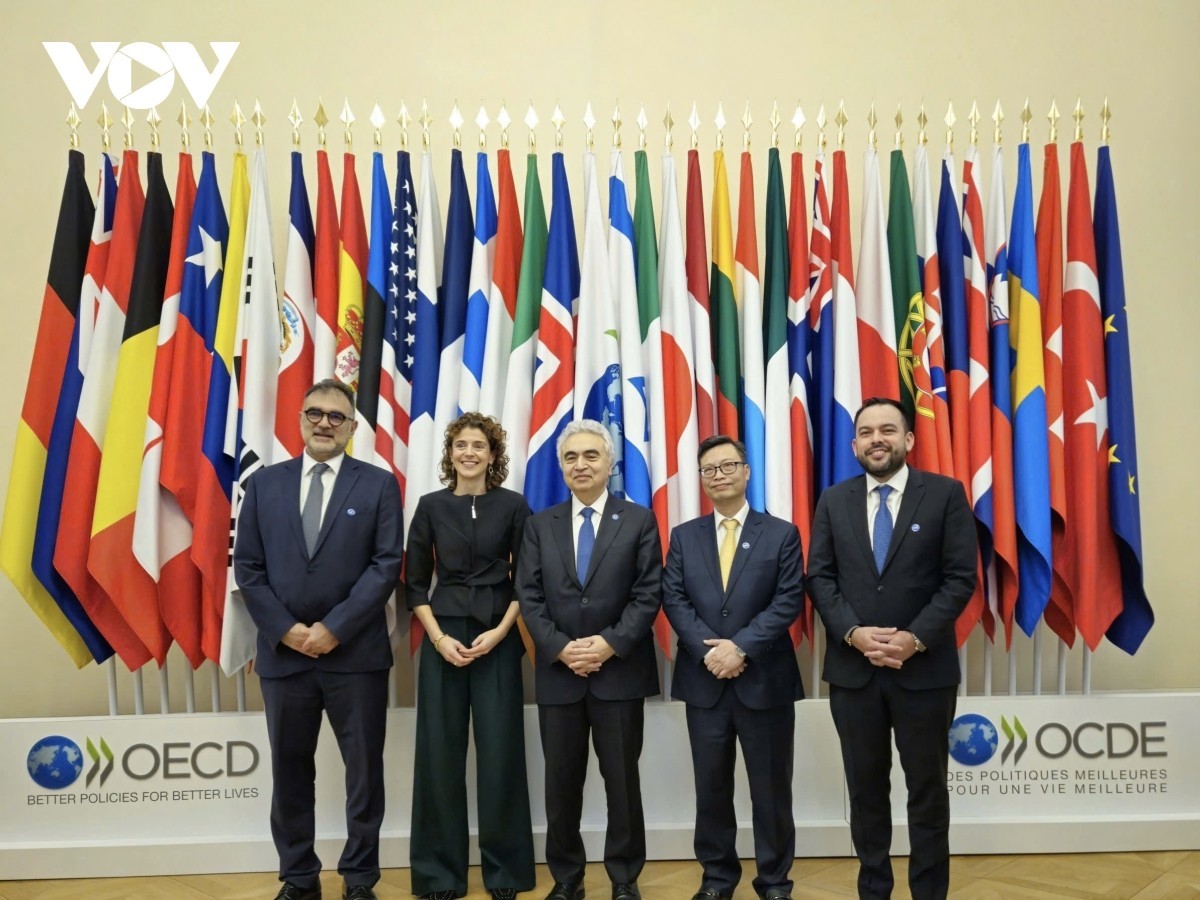 World
World
Vietnam Officially Becomes Association Country of International Energy Agency (IEA)
 World
World
Key pacts signed as PM Modi hosts France's Macron for plane cooperation
Popular article
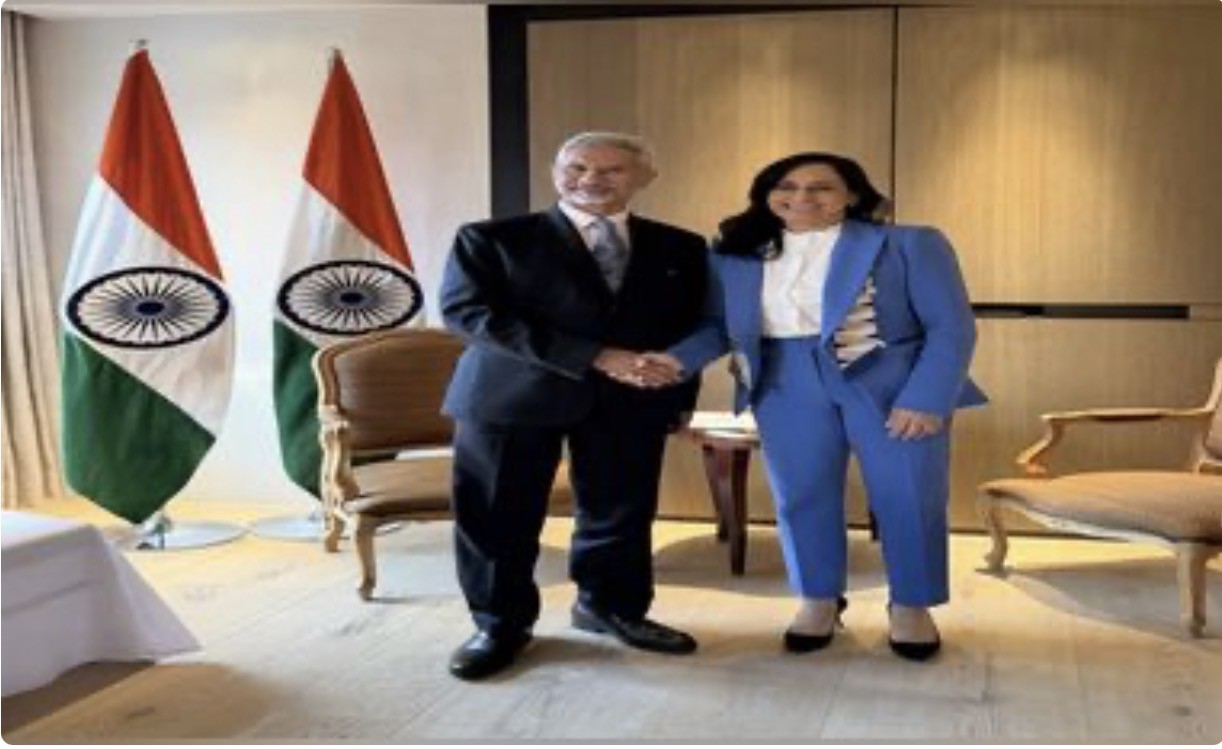 World
World
India, Canada commit to strengthening bilateral ties, discuss trade
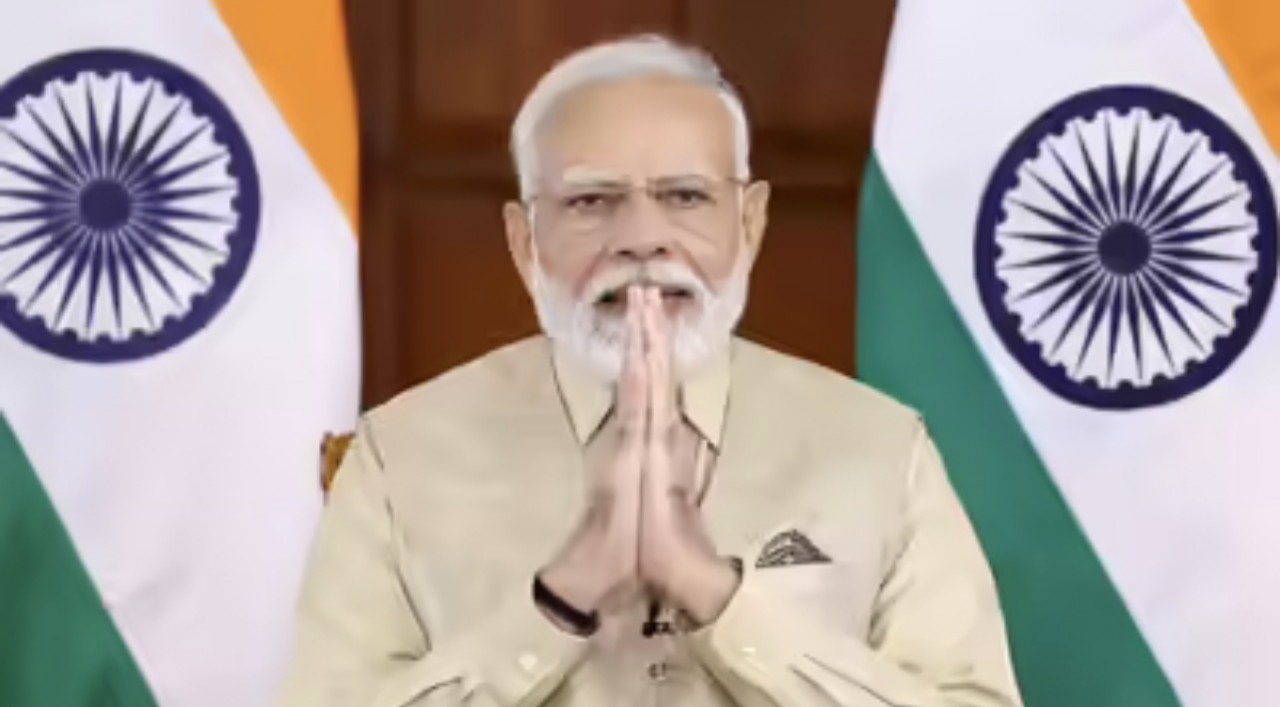 World
World
AI Summit India 2026 Live Updates: ‘Bringing the world together,’ PM Modi welcomes leaders as India hosts AI summit
 World
World
Safran ready to open India engine production in Rafale deal
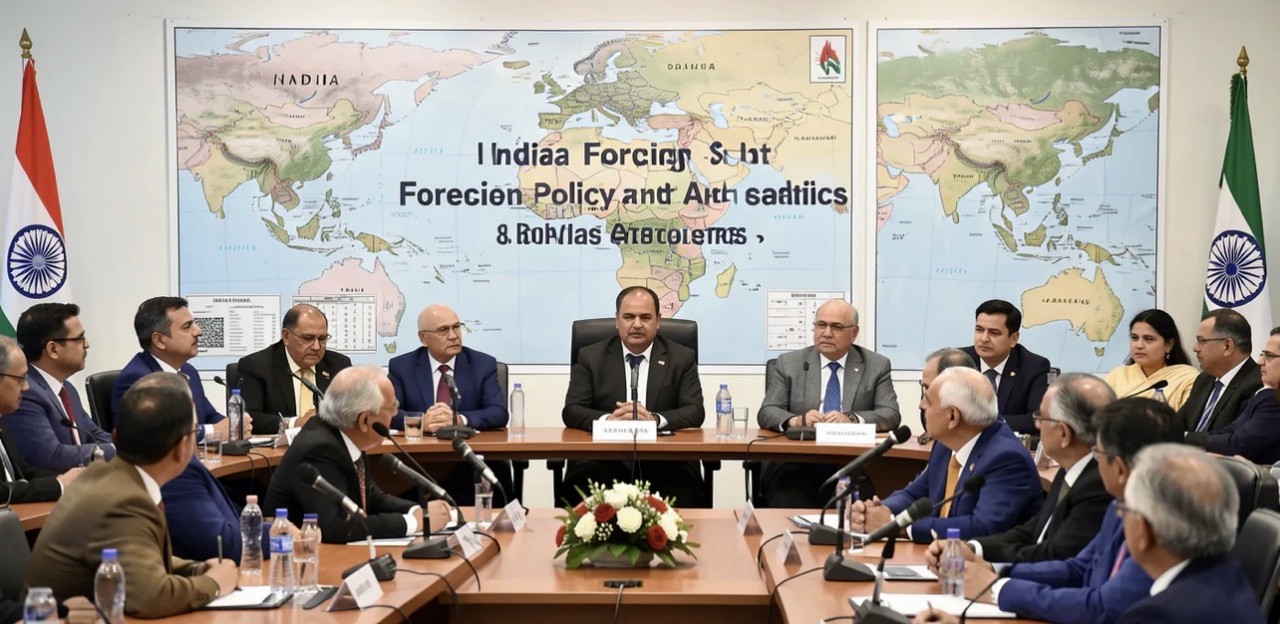 World
World




